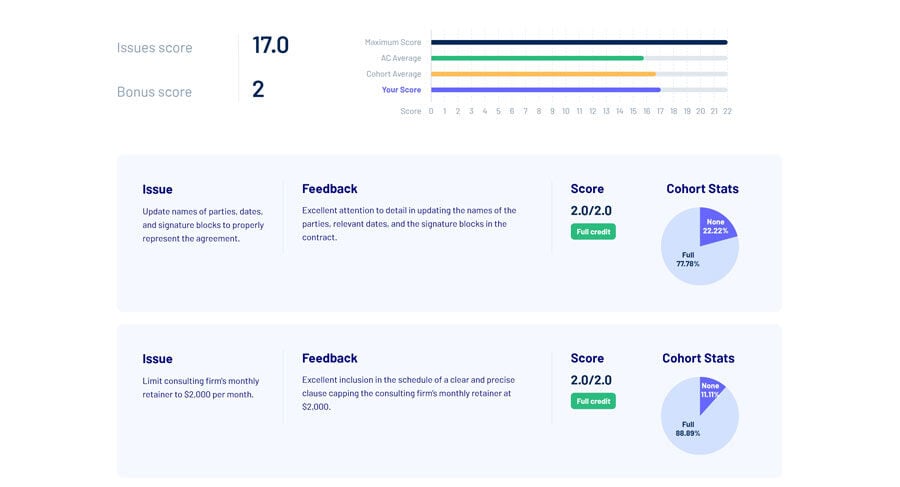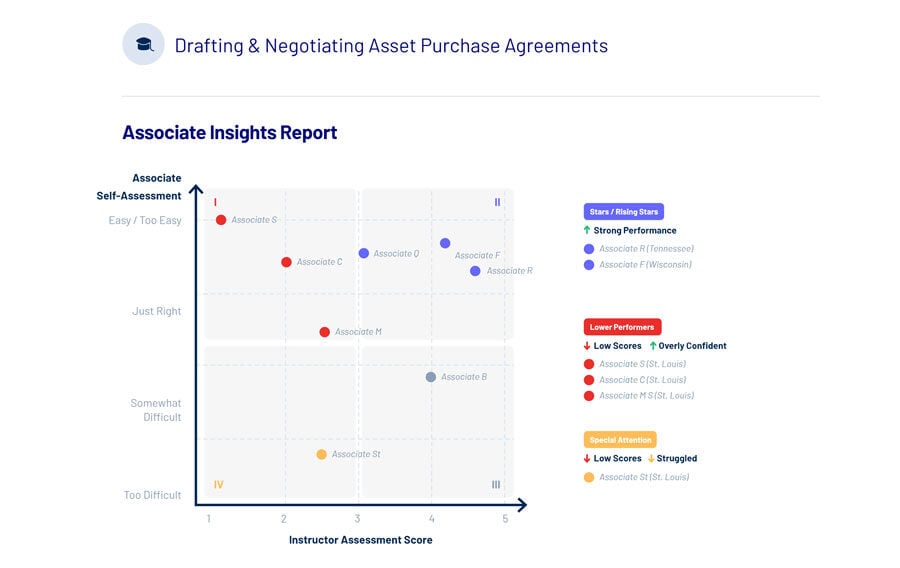This course provides an introduction to e-discovery in the context of litigation. Through exploring the discovery process and specifically focusing on the discovery of electronically stored information (ESI), participants will gain a thorough understanding of the identification, preservation of data, and legal obligations related to the e-discovery process.
Starting with an overview of the discovery process and the various types of written and documentary discovery, the course then delves into the permissible scope of discovery, ensuring participants comprehend the boundaries within which they can operate.
The core of the course is dedicated to e-discovery, exploring the differences and challenges when compared with traditional, paper-based discovery. Participants will become familiar with key federal rules that govern e-discovery, including the Federal Rules of Civil Procedure and the Federal Rules of Evidence.
The course also covers the timeline of obligations in pretrial practice, the challenges associated with ESI, and the potentially severe consequences of failing to properly identify and preserve evidence. Highlighting the risks of spoliation claims, potential sanctions, and even criminal prosecution, participants will gain a clear understanding of the importance of fulfilling their e-discovery responsibilities.
By the end of this course, participants should have a comprehensive understanding of the e-discovery landscape and be equipped with the knowledge and skills necessary to navigate e-discovery in practical legal scenarios.























